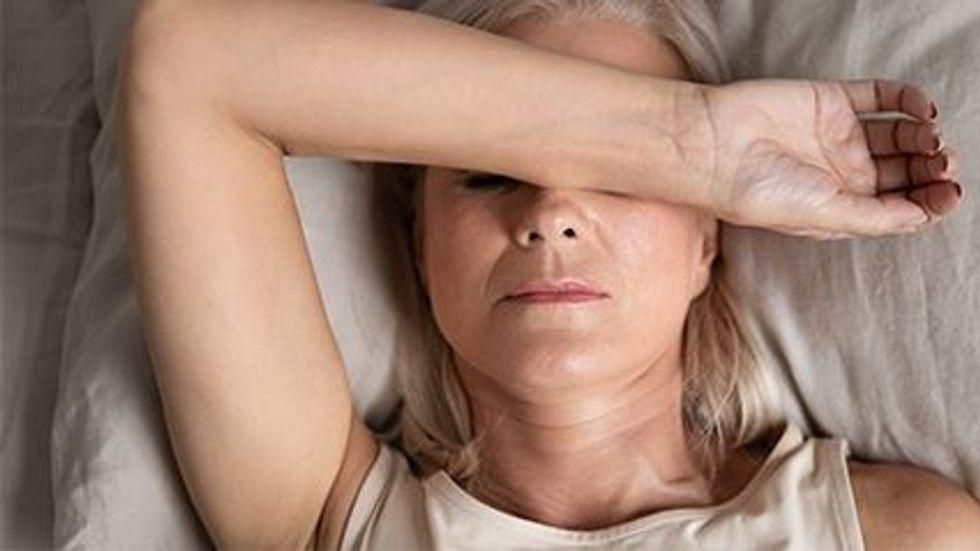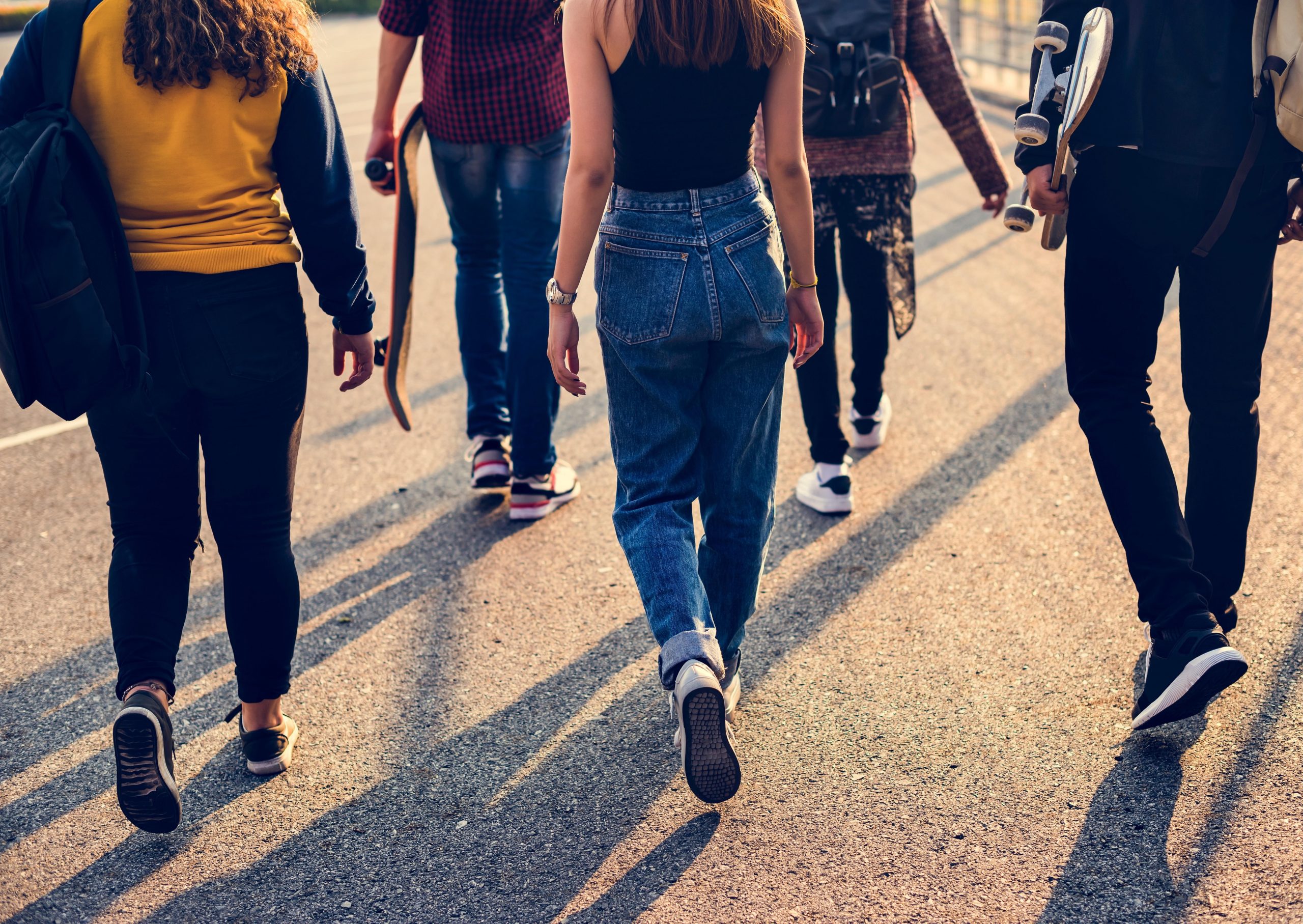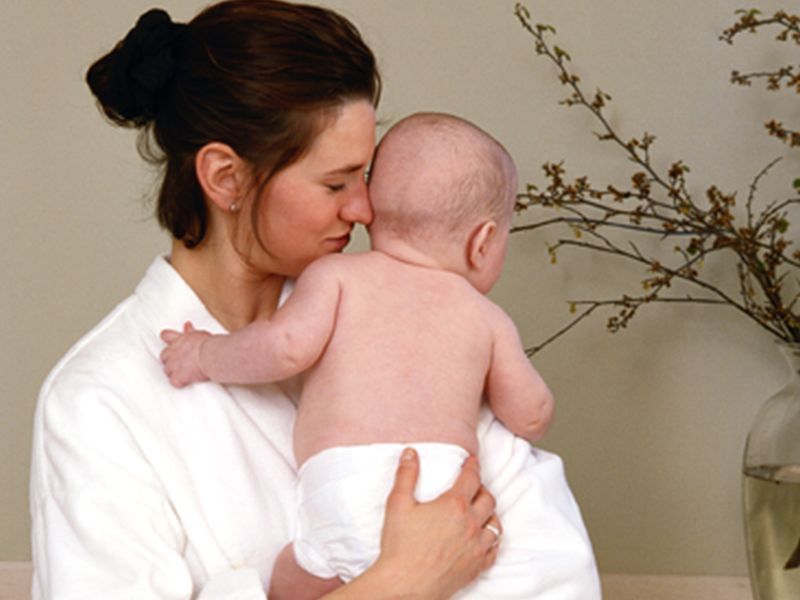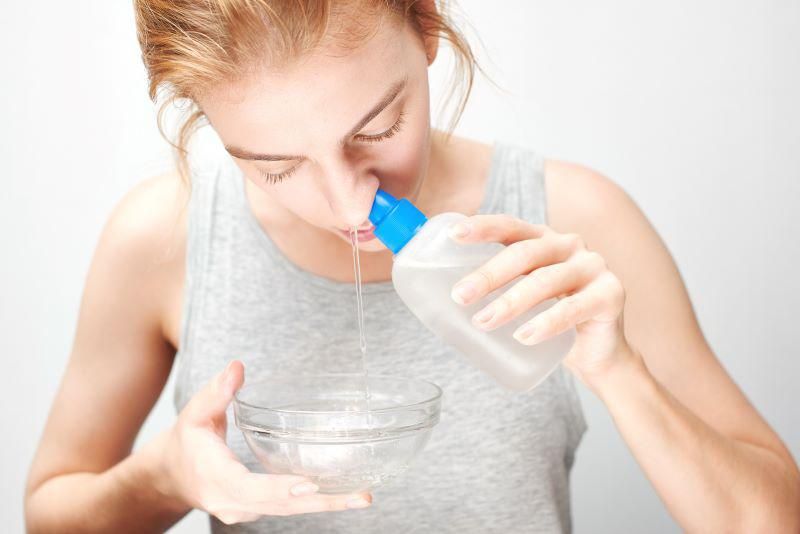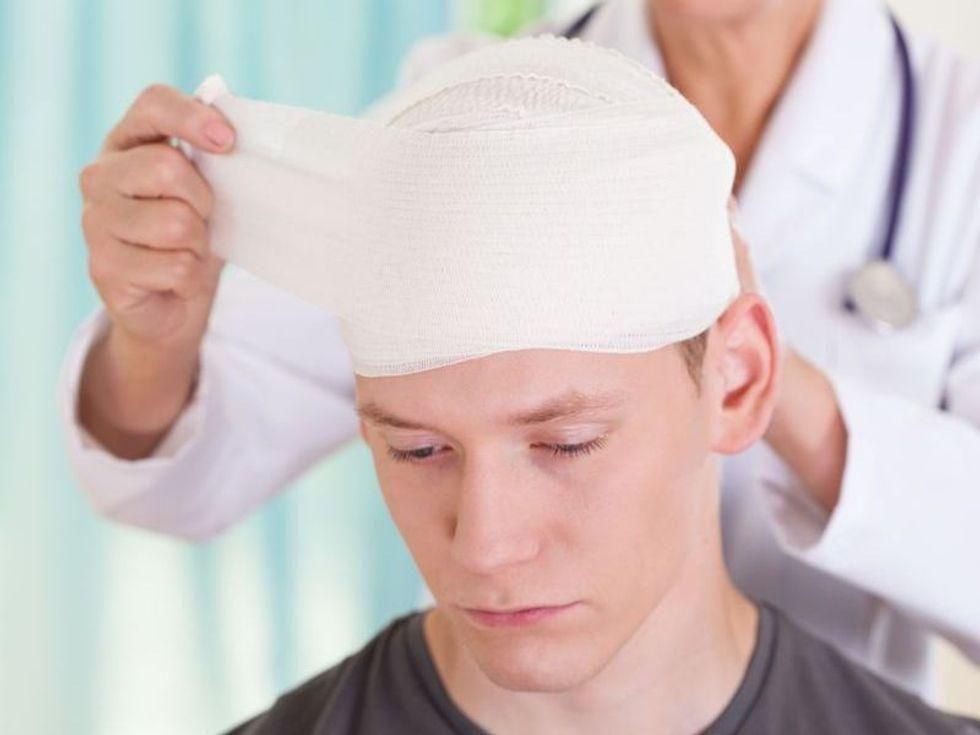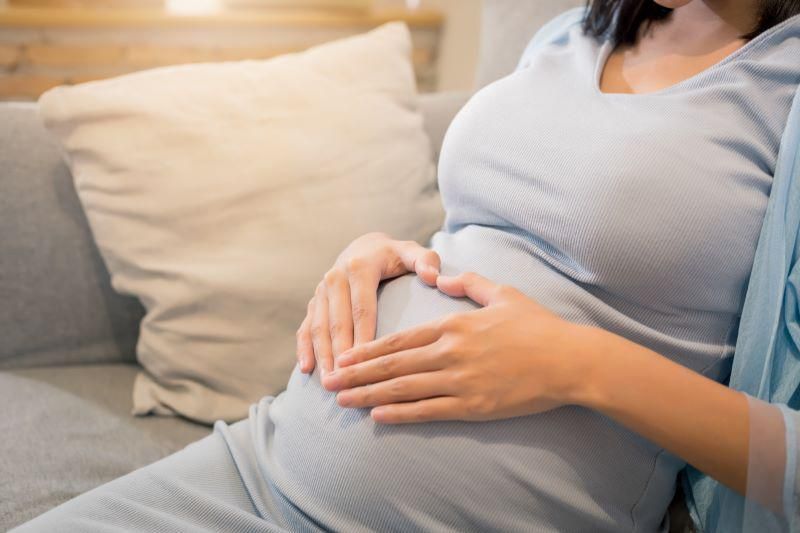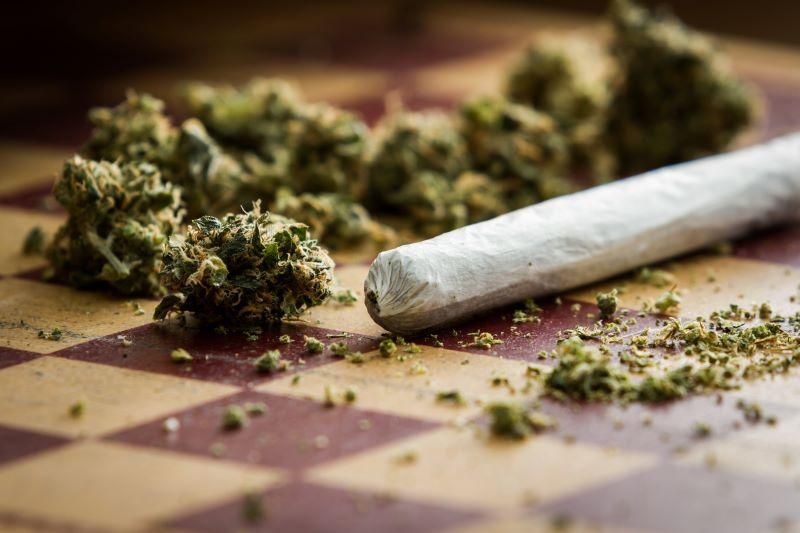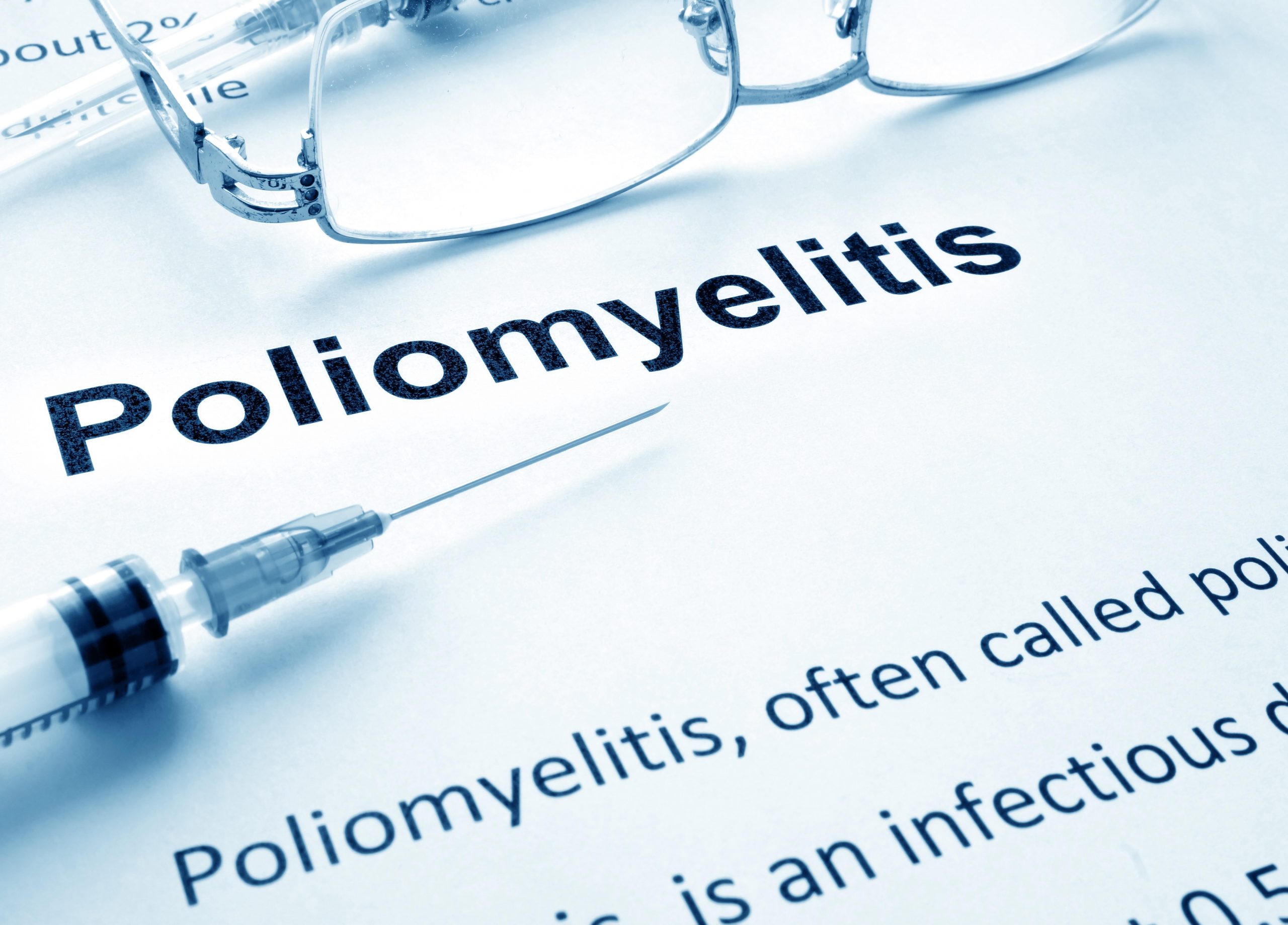
THURSDAY, Sept. 15, 2022 (HealthDay News) – The end of the COVID-19 pandemic is in sight, the leader of the World Health Organization declared Wednesday, with deaths at their lowest level worldwide since the new coronavirus first began to spread in March 2020. However, the death rate is relatively flat and not yet at their… read on > read on >










